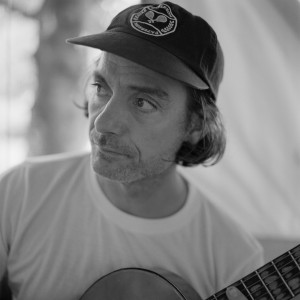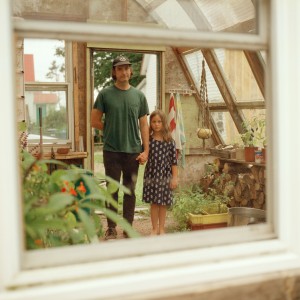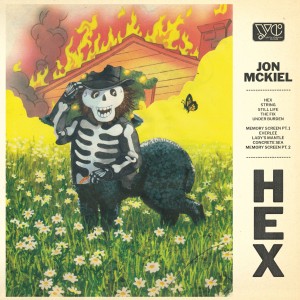
Artist



IMAGES: To download, click above. Credit to Colin Medley.
LINKS:
You’ve Changed
Apple Music
Spotify
Bandcamp
Instagram
Facebook
Aquarium Drunkard Lagniappe Session
JON MCKIEL
You've Changed Records
The songs of Jon McKiel are born of the bruised marshlands of remote New Brunswick, from the craggy shores of the Atlantic coast; places where nature is a powerful wonder and the made-world is in slow decay. His new album, Hex, is a bloodshot pop record steeped in our dystopian present, tempered, across its ten tracks, by an existential umami. It’s the follow-up to 2020’s cult favorite Bobby Joe Hope, which Aquarium Drunkard called “an unlikely masterpiece” and Gorilla vs. Bear listed as one of their favorites of that god-forsaken year.
After two solid decades of refining his practice, during the creation process for Bobby Joe Hope, McKiel unlocked new sampling techniques, fundamentally changing the way he makes music. Hex sees that practice extended into even more evocative terrain. Performed and produced again in close collaboration with JOYFULTALK’s Jay Crocker, the duo offer up another collection of songs as disquieting as they are comforting. Expertly evoked by Paul Henderson’s twisted collage on the cover, Hex is equal parts flower field and burning building.
The music moves subtly between moods, carrying themes of fate, doom, family, love and distrust in the digital age. The eponymous lead track is an eerie, subterranean banger whose looped percussion and dirt-nasty bassline bring to mind low fi hip hop flipping early 70s Gene Clark. Elsewhere, on ‘Memory Screen Pt 1’, McKiel’s nostalgia-drenched vocals bring to mind more sounds of the 1970s that appear sonically wider than the largely mono “Bobby Jo Hope”. Then there are moments like ‘Under Burden’, whose skittering drum machine and saccharine synths suggest the cult works of that other Bobby Brown. The album also features McKiel’s first cover committed to tape, a haunting version of a tune called ‘Concrete Sea’, as sung by Terry Jacks (of ‘Seasons In The Sun’ and Poppy Family fame). An earlier version of the cover first cropped up on Aquarium Drunkard’s Lagniappe Sessions wherein Mckiel contextualized the selection: “This is actually a song from my childhood. Jacks was at the forefront of ’60s and ’70s-era musicians who were using their platforms to speak out or sing about environmental issues, eventually leaving music entirely to pursue a more peaceful and natural way of life, something that I deeply relate to. The chorus hook has been in my head for about 25 years…”
Regardless of mood, the songs are all adorned with the world-weary poetics heads have come to expect from McKiel. In his music, what might otherwise be construed as paranoia or pessimism, is softened by a genuine sense of longing and tenderness. His lyrics combine natural elements with bits of fantasy and lucid dreamscapes, all tangled with the transmuted horrors of our thoroughly modern present. When McKiel sings of “memories cooked down into usernames” or how “the color of time has gone from green to grey”, the listener is carried to the heart of our grim realities. When he suggests that “one song could kill the king”, we’re reminded that there may just be some dusty magic out there worth believing in.

